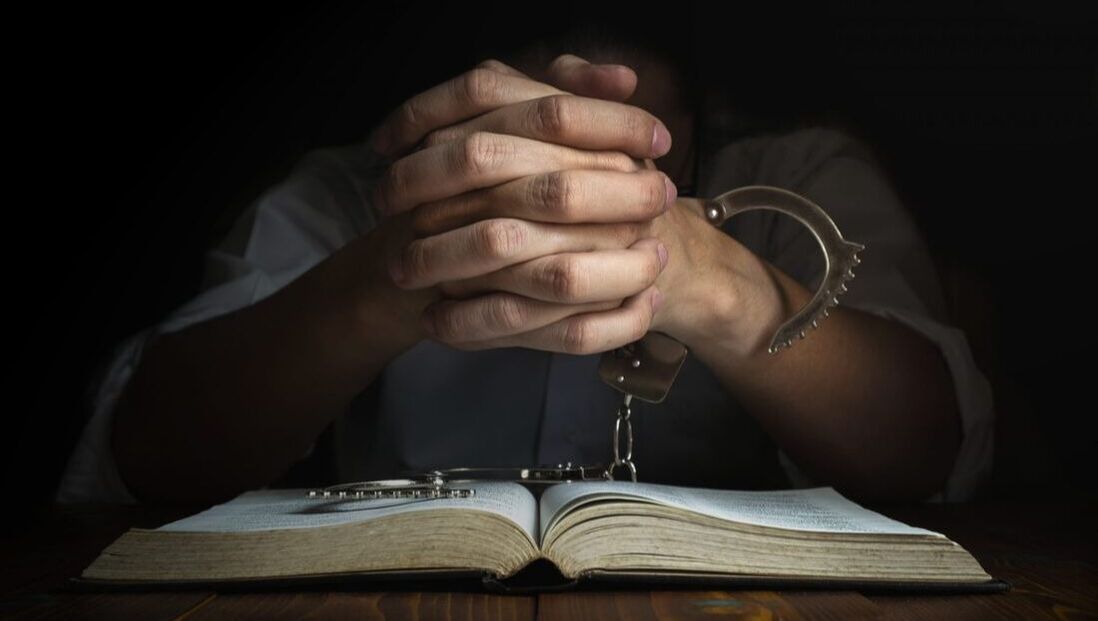|
The guarantee of freedom of worship contained in the First Amendment poses a grim if serious question: Do condemned prisoners have the right to have a clergy member present at their execution?
A federal law passed in 2000 – the Religious Land Use and Institutionalized Persons Act – sweeps aside zoning and other restrictions on the exercise of religious institutions within prisons, allowing inmates access to clergy and religious facilities. The State of Alabama was poised to execute an inmate, Willie B. Smith, for a 1991 murder, without the presence of his minister. On early Friday, Amy Coney Barrett joined three liberal justices to compel Alabama to permit Smith’s minister to be present at his execution. Justice Kagan wrote, “Alabama has not carried its burden of showing that the exclusion of all clergy members from the execution chamber is necessary to ensure prison security. So the State cannot now execute Smith without his pastor present, to ease what Smith calls the ‘transition between the worlds of the living and the dead.’” Our criminal justice system incarcerates almost 2.3 million people. The allowance of a minister for Smith is a relatively minor burden for the prison, but it serves as an important principle that broadly extends other applications of an important First Amendment right – the freedom of worship. In important ways, the Court is upholding the ability, as scripture says, to “continue to remember those in prison as if you were together with them in prison.” Comments are closed.
|
Archives
June 2024
Categories
All
|
ABOUT |
ISSUES |
TAKE ACTION |



 RSS Feed
RSS Feed